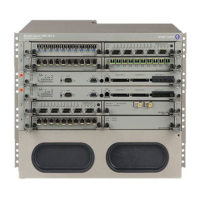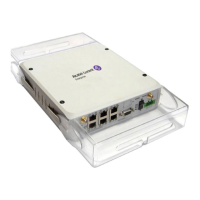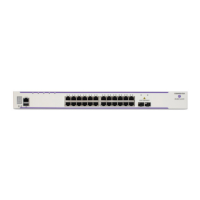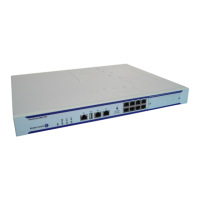VPRN Service Configuration Commands
Page 1092 7750 SR OS Services Guide
virtual-link
Syntax [no] virtual-link router-id transit-area area-id
Context config>service>vprn>ospf>area
Description This command configures a virtual link to connect area border routers to the backbone via a virtual
link.
The backbone area (area 0.0.0.0) must be contiguous and all other areas must be connected to the
backbone area. If it is not practical to connect an area to the backbone (see area 0.0.0.2 in the picture
below) then the area border routers (routers 1 and 2 in the picture below) must be connected via a
virtual link. The two area border routers will form a point-to-point like adjacency across the transit
area (area 0.0.0.1 in the picture below). A virtual link can only be configured while in the area 0.0.0.0
context.
The router-id specified in this command must be associated with the virtual neighbor. The transit area
cannot be a stub area or a Not So Stubby Area (NSSA).
The no form of the command deletes the virtual link.
Default No virtual link is defined.
Parameters router-id — The router ID of the virtual neighbor in IP address dotted decimal notation.
transit-area area-id — The area-id specified identifies the transit area that links the backbone area
with the area that has no physical connection with the backbone.
The OSPF backbone area, area 0.0.0.0, must be contiguous and all other areas must be connected
to the backbone area. The backbone distributes routing information between areas. If it is not
practical to connect an area to the backbone (see Area 0.0.0.5 in Figure 1) then the area border
routers (such as routers Y and Z) must be connected via a virtual link. The two area border
routers form a point-to-point-like adjacency across the transit area (see Area 0.0.0.4).
Figure 1: OSPF Areas
Area 0.0.0.5
Area 0.0.0.4
Area 0.0.0.2Area 0.0.0.1
Area 0.0.0.3
Area 0.0.0.0
Y
Z
RIP Domain
OSPF Domain

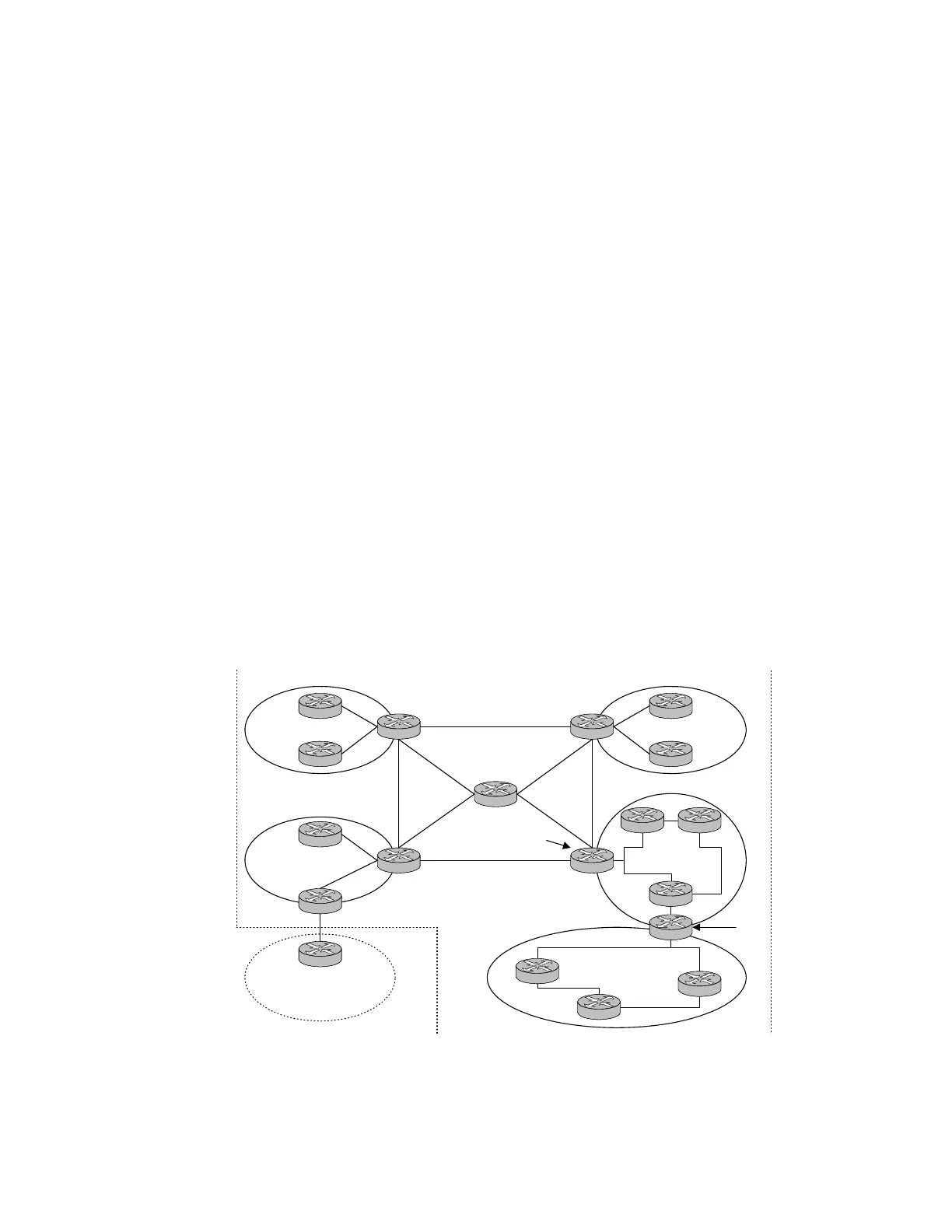